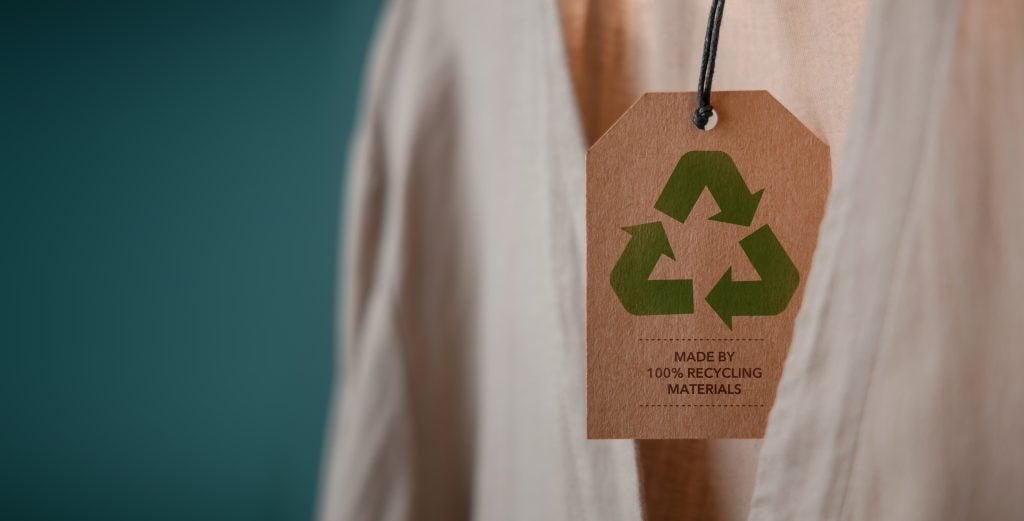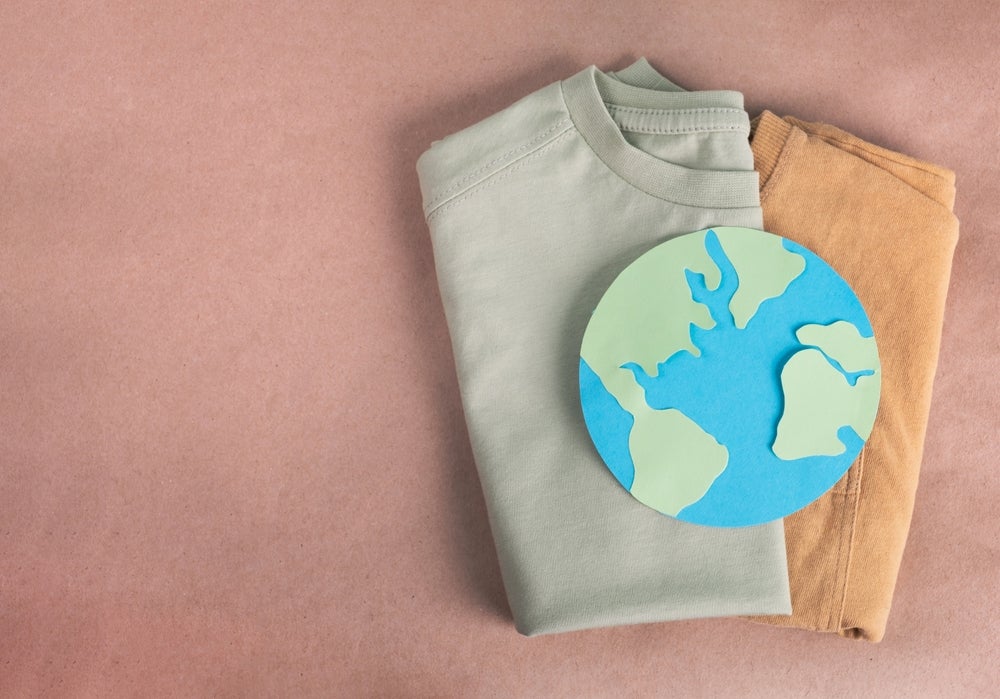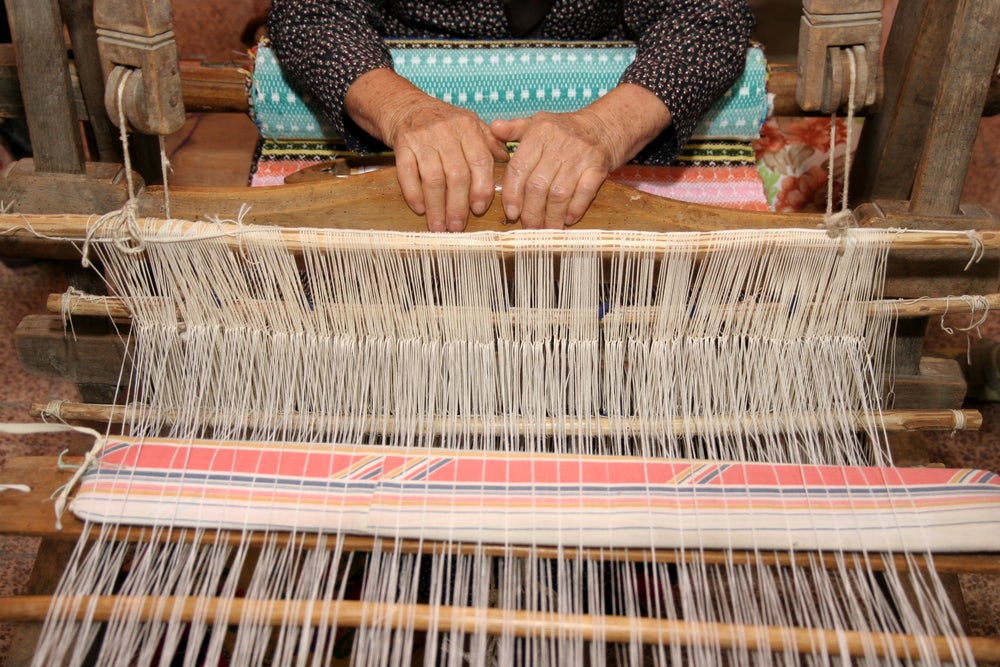
- Collecting data from across the business and in the supply chain to measure performance was listed at the top of business leaders’ list of priorities by 53%.
Business leaders in the global fashion industry are prioritising sustainability, despite the impact of the Covid-19 pandemic, with the topic ranked as the second most important strategic objective for companies in the sector – but more access to better quality data is required to help truly drive change.
New research from the US Cotton Trust Protocol and the Economist Intelligence Unit (EIU) reveals the extent of the industry’s commitment to sustainability, with 60% of fashion, retail and textile leaders surveyed stating implementing sustainability measures as a top strategic objective for their business. This was second only to improving customers’ experience (ranked first by 64%) and contrasts starkly with the fewer than one in six (15%) that listed ‘rewarding shareholders’ as a top objective.
The findings are the result of a survey of 150 leading executives from fashion, retail and textile businesses across Europe and the US, and interviews with leading brands like Puma, H&M and adidas. Explored in a new report, ‘Is Sustainability in Fashion?’ the research comes at a time when the industry finds itself at a crossroads: whether to continue to invest in sustainability, or row back in light of the pandemic.
Leaders report they are introducing sustainability measures throughout the supply chain, from sourcing sustainably produced raw materials (65%), introducing a circular economy approach to their business and cutting greenhouse gasses (51% apiece) and investing in new technologies like 3D printing and blockchain (41%). Overall, the majority (70%) were optimistic that sustainable, fast and affordable fashion is achievable.
A key finding of the research is that data matters for sustainability. When asked what measures they were implementing today to be more sustainable, collecting data from across the business and in the supply chain to measure performance was listed at the very top of business leaders’ list of priorities by 53%, second only to developing and implementing an environmental sustainability strategy with measurable targets, favoured by almost six in ten (58%).
And data is not important for the immediate term only – three in ten (28%) said the availability of reliable data holds the key to greater sustainability over the next decade, while almost three-quarters of industry leaders (73%) stated their support for global benchmarks and thresholds as an effective means of measuring sustainability performance and driving progress in the industry.
How well do you really know your competitors?
Access the most comprehensive Company Profiles on the market, powered by GlobalData. Save hours of research. Gain competitive edge.

Thank you!
Your download email will arrive shortly
Not ready to buy yet? Download a free sample
We are confident about the unique quality of our Company Profiles. However, we want you to make the most beneficial decision for your business, so we offer a free sample that you can download by submitting the below form
By GlobalDataHowever, although brands clearly recognise the importance of data, the research’s findings on data collection indicates that sourcing good quality data may prove a challenge.
While business leaders report relatively high rates of data collection on supplier sustainability practices (65%) and worker rights and workplace health and safety in the supply chain (62%), a significant proportion (45%) of businesses do not track greenhouse gas emissions across production, manufacturing and distribution of the products they sell, while 41% don’t track the amount of water and energy being used to produce the raw materials they source.
Looking to the future, over a quarter (26%) of respondents saw a lack of available, easily-accessible data as hampering collaboration on sustainability across the industry. As some respondents in interview pointed out, while collecting data could be hard it is important.
“It is clear that brands are faced with a challenge on driving forward their sustainability efforts,” says Gary Adams, president of the US Cotton Trust Protocol. “At the US Cotton Trust Protocol we know that accurate, reliable data supports businesses in this work – providing not only the evidence to show hard work and progress, but the insight to drive further improvements. We provide one of the most robust data collection mechanisms available for an essential material – cotton – for unparalleled transparency.”
An additional key finding is that fashion, retail and textile business clearly cannot drive change in isolation: collaboration is needed.
However, when it comes to external support to help guide that progress, business leaders do not necessarily perceive further regulation as the answer. The UN Sustainable Development Goals (SDGs) and government regulation were each given equal weight in driving sustainability change, both cited by a quarter of respondents (24% apiece). Regulatory requirements were also ranked by only a third (33%) of the business leaders surveyed as being within the top three factors that will drive sustainability progress over the next decade.
“It’s clear from the survey results and our interviews with business leaders that the industry is committed to driving progress on its sustainability performance. We were particularly struck by the fact that sustainability is largely considered as pre-competitive – behind the scenes brands are sharing resources and lessons learned,” says Jonathan Birdwell, regional head of public policy and thought leadership at the Economist Intelligence Unit.
This determination on sustainability flies in the face of Covid-19 uncertainty, although when asked their view on the pandemic, just over half (54%) of respondents said they thought it would make sustainability less of a priority within the industry.
The US Cotton Trust Protocol is a new initiative that sets a new standard in sustainably grown cotton. It opened its doors to American cotton growers last month.







